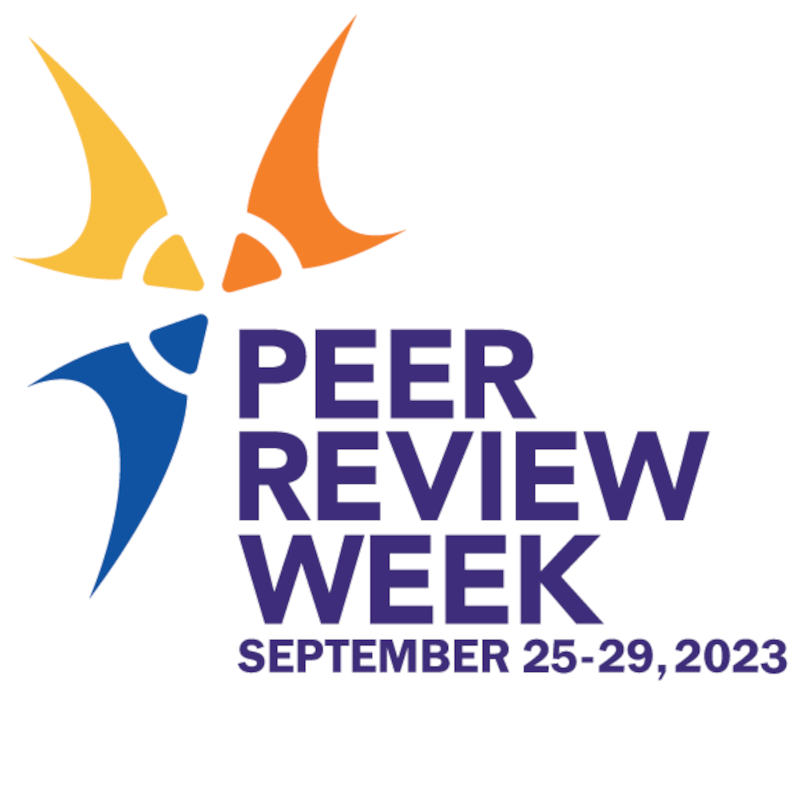Royal Society Open Science now considers for publication manuscripts based on work that has been previously recorded in the Octopus service.

Last summer, I joined an online event announcing the launch of the Octopus service, developed by Dr Alexandra Freeman. Despite battling a case of COVID, I was impressed and intrigued by the possibilities that Octopus offers to the scientific community in opening and speeding up the dissemination of research projects.
Octopus aims to provide a primary research record in a way that incorporates open science principles from the ground up. In my role as the head of the administrative office for Royal Society Open Science, I was curious about the possibilities that working with Octopus might offer for the journal, which promotes a range of open science initiatives.
To this end, once I had recovered from the plague, I spoke with Dr Freeman about how we might be able to support Octopus, while also ensuring the journal is able to benefit from the not-necessarily-quiet revolution that the service potentially represents for the community.
The broad outline of how Octopus works is that research groups bundle each phase of their projects into self-contained units that are then posted to Octopus, and are then immediately available to other researchers to publicly peer review, use and build on.
It took me far too long to realise it, but as the name implies, Octopus provides 8 options for types of work that authors/groups may deposit. Each publication type represents a different stage in the research life cycle, from defining a research problem to the methodologies to approach the problem to reporting results and analysing them. Importantly, there is also the option of posting a ‘real world application’. Once deposited, each phase of work may then be peer-reviewed in the open.
In some respects, then, Octopus behaves as a granular preprint server (which the Royal Society journals are already keen to promote). But it is also much more than this. As well as encouraging open peer review, each example of each publication type a group deposits will receive a DOI, allowing immediate and easy citation and tracking of the work. This helps ensure that researchers can claim credit (and precedence) for all stages of the research life cycle, not just a final journal article, which should help resolve some of the problems with ‘publish or perish’ research cultures.
Furthermore, and where Octopus is especially interesting, is the ability to build on previously deposited units of work in a hierarchical fashion in a clearly linked way. This allows not only the originally depositing authors to continue their project but any interested party (including the authors themselves) to use each unit as a jumping off point for future projects, and to do so without having to wait for a fully formed research paper to be posted to a preprint or published in a journal. The potential for speeding up the dissemination of high-quality research and for projects to develop in imaginative ways not originally considered by the authors is a fascinating departure from traditional publishing models.
Why, a reader might ask, would a Royal Society journal editor be so interested in a product that runs in parallel to (and somewhat in competition with) more traditional models of journal publishing? A fair question. There are a number of reasons why we think this is a project worth supporting. Firstly, the Royal Society ran a competition to generate product ideas to improve research cultures in 2018, at which Octopus was the winning entrant to ‘The Pitch’ (see Dr Freeman’s own blog about this experience), and so there is an argument to say we encouraged the idea, so we have the responsibility to now support it. Secondly, as a publisher, we have been in the forefront of experiments in scholarly publishing for nearly 360 years (not least in largely inventing peer review!). Thirdly, Royal Society Open Science was launched in 2014 with the express aims of encouraging and embedding open science practices within our journal portfolio. Since then, we’ve moved from optional open peer review to mandatory transparent peer review, launched Registered Reports (as the first generalist journal to do so) and Replication studies, adopted firm open data mandates, encouraged posting of early-stage research to preprints that we will then consider for publication and, most recently, launched our ‘Science, Society and Policy’ section of the journal. All of which is to say, that finding ways to work with Octopus represents a logical next experiment.
With the above in mind, Royal Society Open Science has agreed to consider for publication any work that has first appeared in part or in full in Octopus. Perhaps the best way to see our involvement with Octopus is akin to our promotion of preprints and our involvement with the Peer Community In Registered Report ‘channel’: we encourage authors to submit their preprints to the journal, and via the PCI Registered Report route, we will publish any Stage 2 Registered Report that receives acceptance in PCI. Any author who has prepared a ‘complete’ publication in Octopus (ie a linked set of publications from research problem through to peer review) will be able to submit their work to Royal Society Open Science without prejudice. The Editors will be able to consider whether to accept the paper immediately on the basis of existing reviews or may seek additional advice (this policy is similar to our treatment of manuscripts transferred from other Royal Society journals with existing peer review).
We are excited by this new collaboration and are looking forward to seeing how it – and Octopus – develop over time, but we hope you’ll join us on this next adventure and will submit your work to Octopus and Royal Society Open Science.






